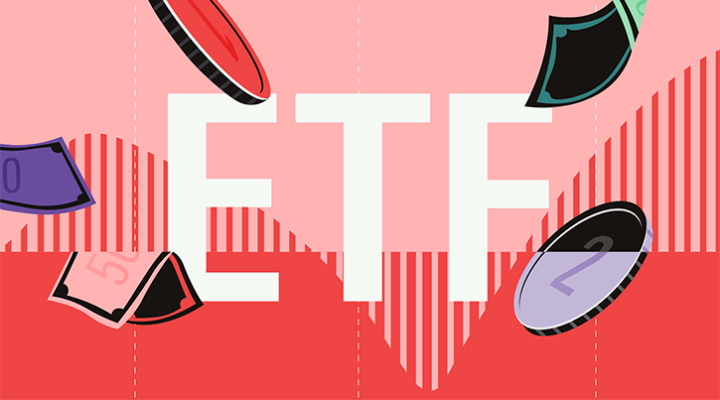
Alliance Trust (ATST) and Witan Investment Trust (WTAN) have agreed to merge, in what is the largest deal to date within the investment trust sector.
There have been a number of investment trust mergers in recent years, including the tie up of Troy Income & Growth Trust (TIGT) and STS Global Income & Growth Trust, which took effect in March 2024. One might expect the trend to continue.
Closed-end investment companies can represent an attractive investment vehicle for investors. They comprise long-term capital, meaning that, in theory, they do not face the same liquidity constraints as their open-ended peers. This permits a broader investment universe and some more specialist investment strategies.
In addition, trusts can gear up (increase borrowing) which can accentuate returns and losses. Despite this, many have proven unpopular in recent years. Discounts to NAV have generally widened.
Why Investment Trust Discounts Won't Disappear
The number of investment trusts trading at a discount has increased, and they have been impacted by a number of unwelcome developments.
Of the 207 investment trusts over £100 million on Morningstar Direct, just seven traded at a premium to NAV at end May 2024, including the giant closed-end investment company 3i (III). The average discount among this group was a whopping -13.8% to NAV. This makes for poor reading in the industry.
Discounts to NAV have long been studied by academics, who dub this the "closed-end fund puzzle." It is well known that closed-end funds typically trade a discount to the sum of their holdings. The efficient pricing of their shares is impacted by liquidity and sentiment towards a strategy (i.e. expectations of future performance), but some argue the market fully discounts the impact of fund costs, which are fully baked into the price. Indeed, costs are paid from NAV.
This latter point is important. Under "PRIIPS" fee disclosure rules, representative fee figures include the cost of debt and other operational costs, and treat all investment trusts the same way as the hedge fund industry. More fee transparency is a good thing, but critics of the regulation say that these costs were already reflected in discounts to NAV: costs are being double-counted.
That is open to debate. Still, the claim will become more germane as the costs of gearing may be expected to go up as trusts roll over their debentures and other forms of debt at higher interest rates.
The General Election Has Stymied Progress
What is more, such fixed costs are accentuated when funds become smaller. As a result, scale has arguably become more important. Additionally, some investment advisers have strict limits on the size of trusts they invest in (typically £100m minimum) and also on total ownership levels. This further accentuates the benefits of scale. A trust that gets smaller can in effect lead to selling pressure, widening discounts, creating an vicious cycle of sorts.
I am aware of discussions between the Association of Investment Companies and the Financial Conduct Authority on this front. However, a bill to "fix" the perceived fee disclosure problem proposed by Baroness Ros Altmann and Baroness Sharon Bowles earlier this year will take time to be discussed, and progress here has been stymied by the general election.
This will likely be a story that unfolds over years rather than months, and I expect we may well see further consolidation in this area, despite the many advantages the investment trust structure provides.
Daniel Haydon is a manager research analyst at Morningstar




























